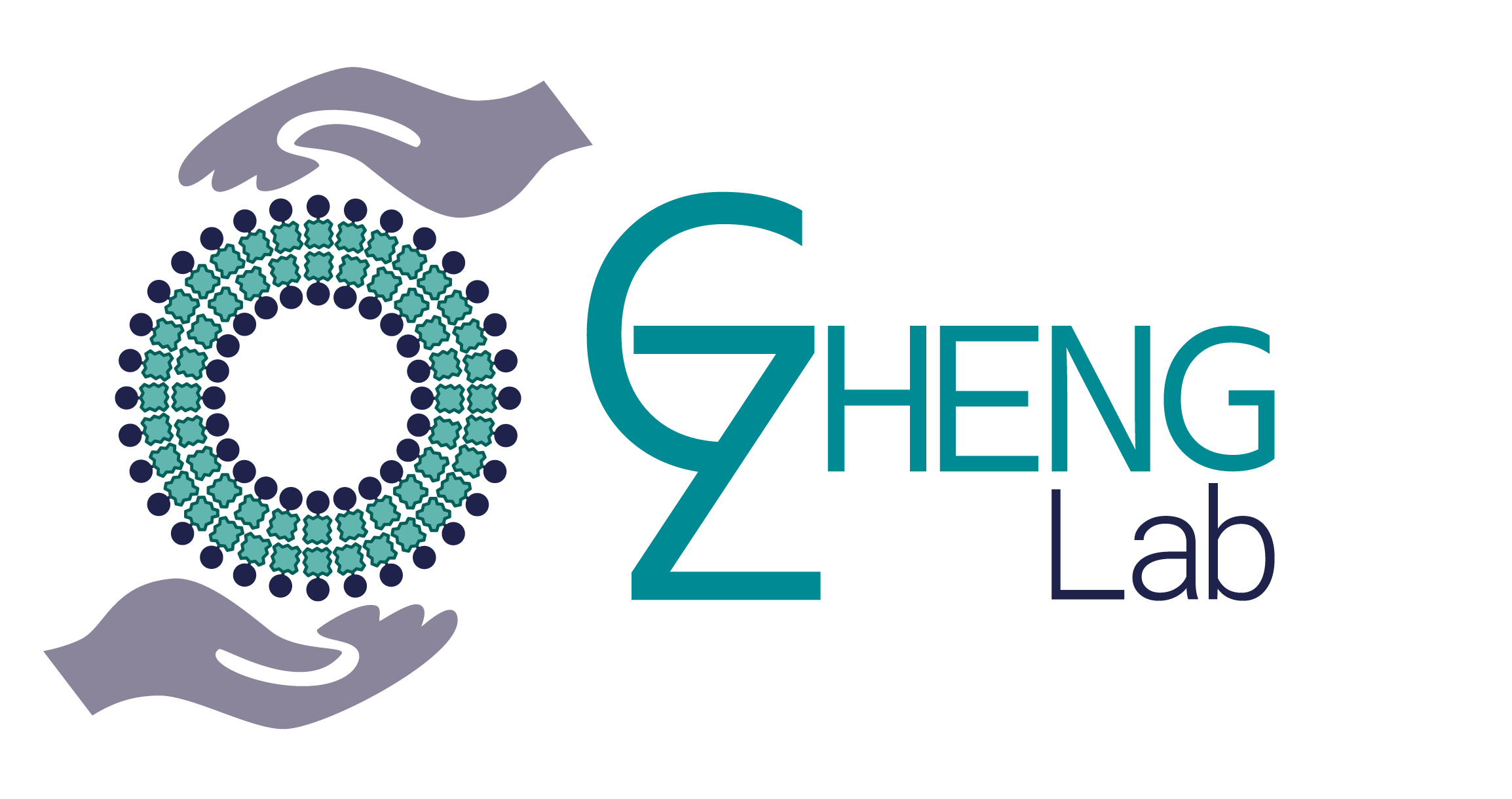Lin Q, Chen J, Zhang Z, Zheng G
Nanomedicine, 2014
DOI: 10.2217/nnm.13.192
RNAi therapeutics are believed to be the future of personalized medicine and have shown promise in early clinical trials. However, many physiological barriers exist in the systemic delivery of siRNAs to the cytoplasm of targeted cells to perform their function. To overcome these barriers, many siRNA delivery systems have been developed. Among these, lipid-based nanoparticles have great potential owing to their biocompatibility and low toxicity in comparison with inorganic nanoparticles and viral systems. This review discusses the hurdles of systemic siRNA delivery and highlights the recent progress made in lipid-based nanoparticles, which are categorized based on their key lipid components, including cationic lipid, lipoprotein, lipidoid, neutral lipid and anionic lipid-based nanoparticles. It is expected that these lipid nanoparticle-based siRNA delivery systems will have an enabling role for personalized cancer medicine, where siRNA delivery will join forces with genetic profiling of individual patients to achieve the best treatment outcome.
